10.04.2024 | Exeter University
CPNN+ Neurotechnology and Pain Workshop
2nd & 3rd July 2024. University of Exeter
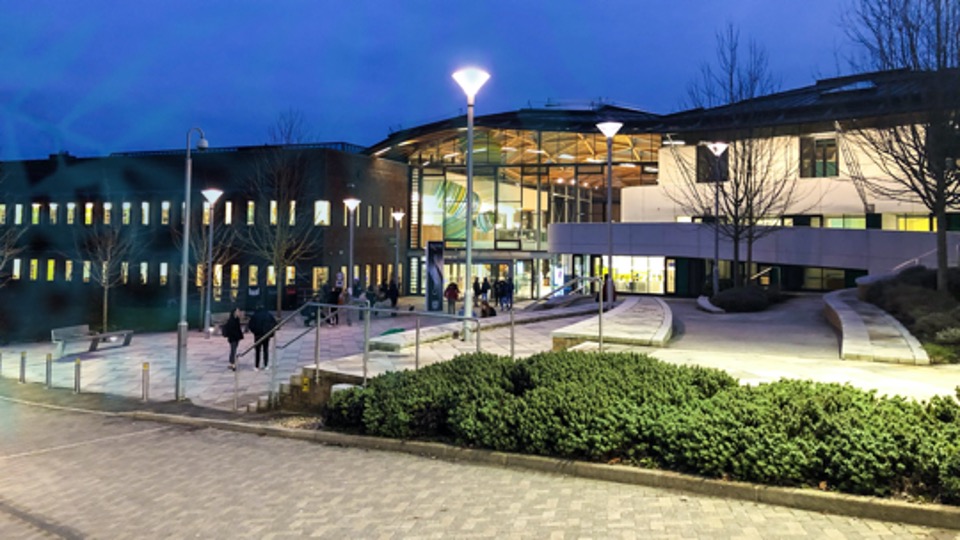

2 day interactive workshop
2nd & 3rd July 2024
Xfi Building (Streatham Campus) University of Exeter
All attendees will receive a 3 course dinner in Reed Hall with a welcome drinks reception, on the evening of Tuesday 2nd July 2024, free of charge.
Our afternoon practical workshops are now fully booked for ECR’s attending. For in-person delegates, there will be dedicated space each afternoon whilst the workshops are taking place to allow for networking and/or to continue with any work/meeting commitments.
Morning talks each day will be held in the Henderson lecture theatre in the Xfi building.
Aims:
- Interdisciplinary workshop that aims to explore the promises and pitfalls of neuromodulation in chronic pain research.
- There will be morning talks across a range of translational topics that will cover neuromodulation in experimental human models, methodological considerations and clinical studies.
- Afternoon interactive workshops will focus on how to design and carry out transcranial magnetic stimulation (TMS) and transcranial ultrasound stimulation (TUS) experiments. This will include guidance on how to use neuronavigation and how to integrate with EEG recordings.
Our agenda with approximate timings includes:
Tuesday 2nd July
9:00 – 9:30 – Registration
Beginning with talks from:
- 9:30-10:00 Thomas Graven – Nielsen (Aalborg University) Talk Title: Neurotechnology to Assess and Modulate Cortical Changes in Tonic and Prolonged Experimental Pain
- 10:00-10:30 Chris Brown (Liverpool University) Talk Title: Unlocking Pain Relief through Visual Alpha Rhythm Stimulation
- 10:30-11:00 Sophie Clarke (Exeter University) Talk Title: Mapping the brain circuit of pain modulation with TUS
- 11:00-11:30 Coffee break
- 11:30-12:00 Anna M. Zamorano (Aalborg University) Talk Title: Impact of use-dependent plasticity on pain processing.
- 12:00-12:30 David McGonigle (Cardiff University) Talk Title: The Trials and Tribulations of transcranial Electrical Stimulation (tES).
- 12:30-13:00 Edith Elgueta Cancino (Birmingham University) Talk Title: Neuromodulation and exercise in Low Back Pain.
- 13:00-14:00 Lunch & poster presentations
- 14:30-17:00 BrainBox workshop. This workshop will cover methodological and practical considerations for TMS, TMS-EEG, TMS neuronavigation with live demonstrations. Workshop agenda as follows: 1 hour lecture: Basic Principles of Non-invasive Brain Stimulation (NIBS), 30 minute demonstration: Introduction to TMS & tES devices, 15 minute break, 1 hour lecture lecture: TMS Safety, Physiology and Common Measures & Introduction to TMS-EEG, 1 – 1.5 hour Practical Demonstration: Navigated TMS-MEP
- 18:00 Drinks Reception (Reed Hall)
- 19:00 Dinner (Reed Hall)
Wednesday 3rd July
9:00 -9:30 – Arrival
Beginning with talks from:
- 9:30-10:00 Sharmila Khot (Cardiff University) Talk Title: External Neuromodulation treatment for focal pain – A clinical perspective
- 10:00-10:30 Teo Goroszeniuk (Consultant in Pain Medicine & Anesthesia) Talk Title: Update on External Neuromodulation.
- 10:30-11:00 Martin Gillies (Oxford University) Talk Title: EPIONE: designing a surgical RCT for pain.
- 11:00-11.30 Coffee break
- 11:30-12:00 Jen Davies (Cardiff University) Talk Title: Towards understanding the neural bases of changes in movement and mobility in the presence of pain.
- 12:00-12:30 Temitayo Olugbade (University of Sussex & Honorary Research Fellow, University College London) Talk Title: AI for Ecological Momentary Assessments and Toward Tailored Interventions at Home
- 12:30-13:00 Mae Mansoubi (Exeter University) Talk Title: Pain & Activity Interrelationships: Utilising Ecological Momentary Assessment.
- 13:00-14:00 Lunch & poster presentations
- 14:30-17:00 TUS workshop hosted by Dr. Elsa Fouragnan. This workshop will cover biophysical, physiological and clinical considerations, the regulatory pathway for focused ultrasound neuromodulation as a treatment, experimental planning and design and optimizing target engagement.
- 17:00 Event closes
Guest speakers
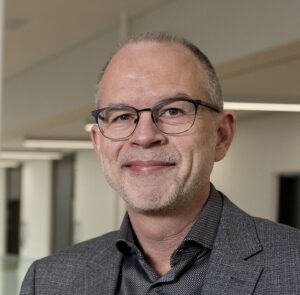

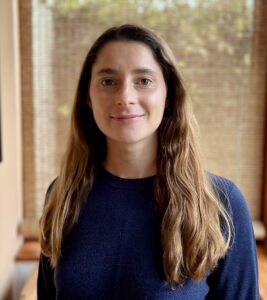


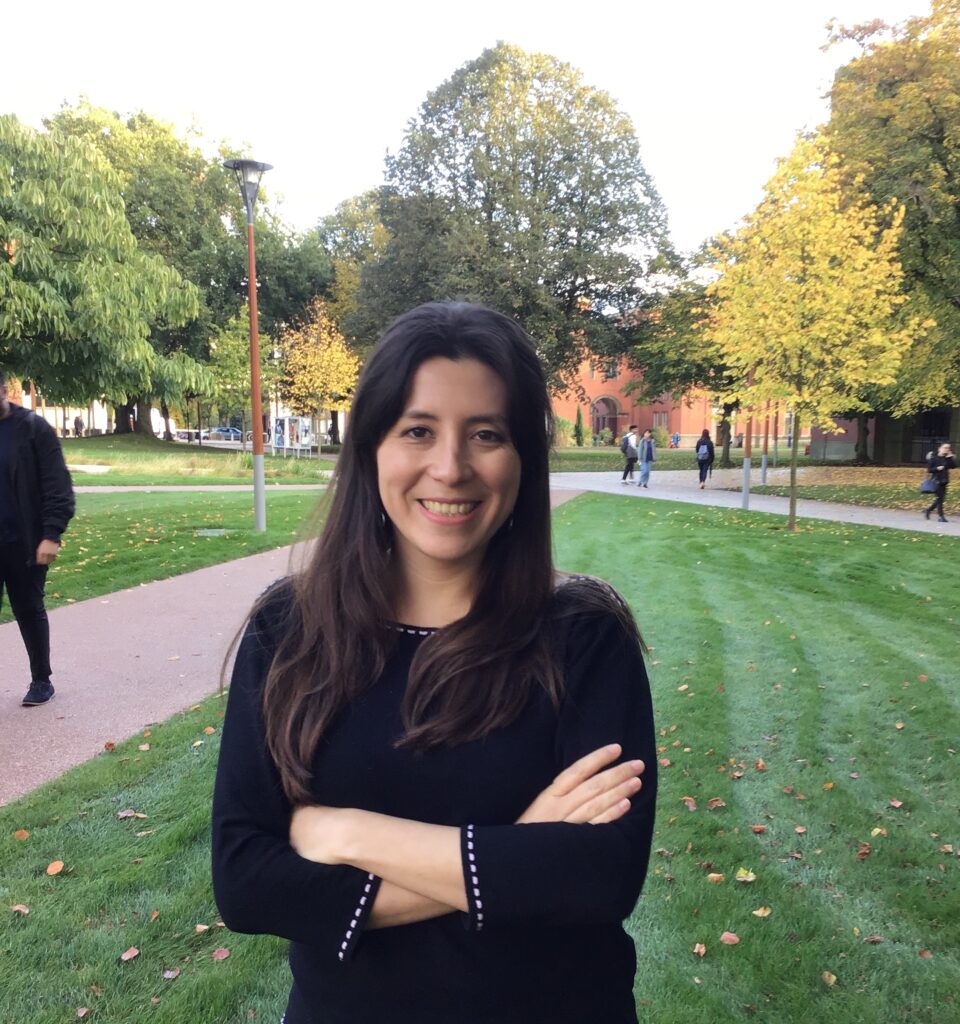
A physiotherapist from Chile, MPhil in Human Motor Control and PhD on Neurosciences and Physiotherapy from the University of Queensland, Australia. Research fellow at Centre of Precision Rehabilitation for Spinal Pain and then Lecturer at the School of Sport, Exercise and Rehabilitation Sciences at the University of Birmingham, United Kingdom. In 2023, Edith started a position at Universidad Andres Bello in Chile as part of the first rehabilitation orientated PhD program in the country. Her research utilizes non-invasive brain stimulation, electrophysiology, and clinical assessments to understand how the brain controls the movement and the adaptions caused by musculoskeletal disorders and pain. It aims to aid the improvement and development of tailored interventions.

Clinical interests- Neuropathic and Nociplastic pain, pain management in primary care, External Neuromodulation and Virtual Reality in pain management, QST in clinic.
Research Interests- My broad research field is in the clinical application of neuroimaging and neurostimulation techniques (MEG and MRI)
Ongoing research – investigating pain mechanisms and pharmacological changes in Rheumatoid Arthritis (a pre and post drug 7T/3T study).
Optimising CUBRIC QST protocol to contribute to the development of consensus protocols with national and international researchers.
Virtual Reality in chronic pain – PhD supervisor – project exploring impact of distraction and embodiment VR in chronic low back pain.
Development and optimisation of a QST tool for clinical and research use (MRI compatible) – Multisite Pressure pain stimulator
Posts Held previously:
Regional advisor in Pain Medicine for Wales, Clinical lead for chronic pain services and Advisory role – South Wales Network for Acute Pain
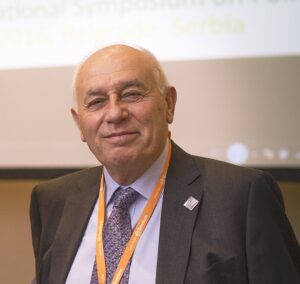
Main interests: Neuromodulation and Regional Anaesthesia, Peripheral Neuromodulation, Spinal Cord Stimulation, External neuromodulation.
Education
Inventor of Novel Neuromodulation Techniques such as Peripheral Nerve Field Stimulation, Brachial Plexus Stimulation, Autonomic System Implantable Stimulation, PNFS for Angina, External Neuromodulation
Founder of:
Founder and President of London Pain Forum
Founder and V-President Polish Neuromodulation Society
Founder of Travelling Pain Symposium
Founder Winter Pain Symposium
Founder and Co-CEO of Remedius Ltd (Neural Retuning Remedies)
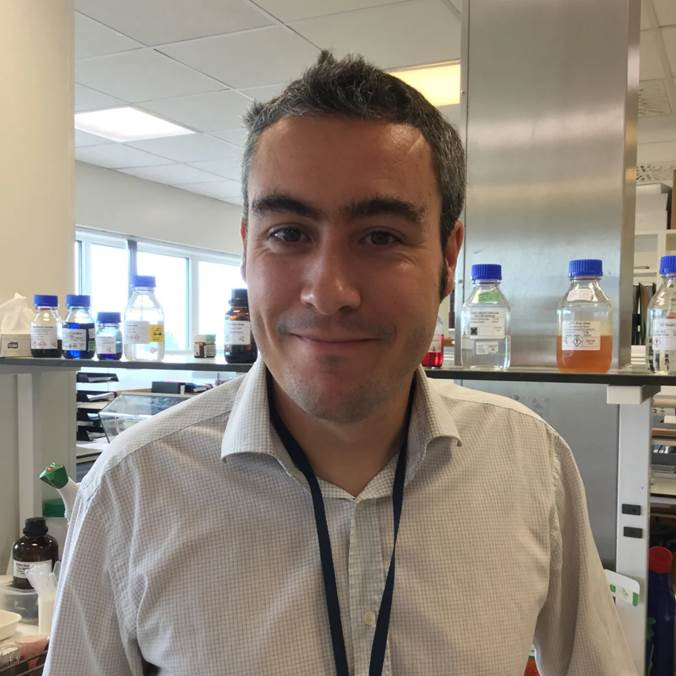
Our group has a long interest in pain, both through research and treatment. Our service offers DRG stimulation and spinal cord stimulation on the NHS, and historically has performed deep brain stimulation for pain. We are setting up a trial of DBS for central post stroke pain at the moment.
We are also interested in palliative neurosurgery for cancer pain by cingulotomy and intrathecal morphine pumps.

Jen is a neuromechanist, studying the spinal and supraspinal control of movements to unpick how the nervous and musculoskeletal systems interact to plan and perform these movements. She is particularly interested in how the neural control of movements is impacted by the presence of challenges; for example, how does this change in the presence of pain? Jen has developed a novel system to allow transcranial magnetic stimulation to be delivered during standing and walking, allowing study of the cortical control of balance and gait. She has integrated this, along with peripheral nerve stimulation, into a virtual reality environment that operates with a dual-belt instrumented treadmill that can move in pitch and sway, a full-body optoelectronic motion capture system, and conventional and high-density surface electromyography. All equipment is integrated into a real-time feedback loop allowing application of perturbations (visual or physical) and stimulation (transcranial, peripheral) according to ongoing movement parameters in real time. In her ongoing work, Jen is exploring the potential for this unique system to probe the neural bases underlying changes in movement and mobility that occur in the presence of pain.
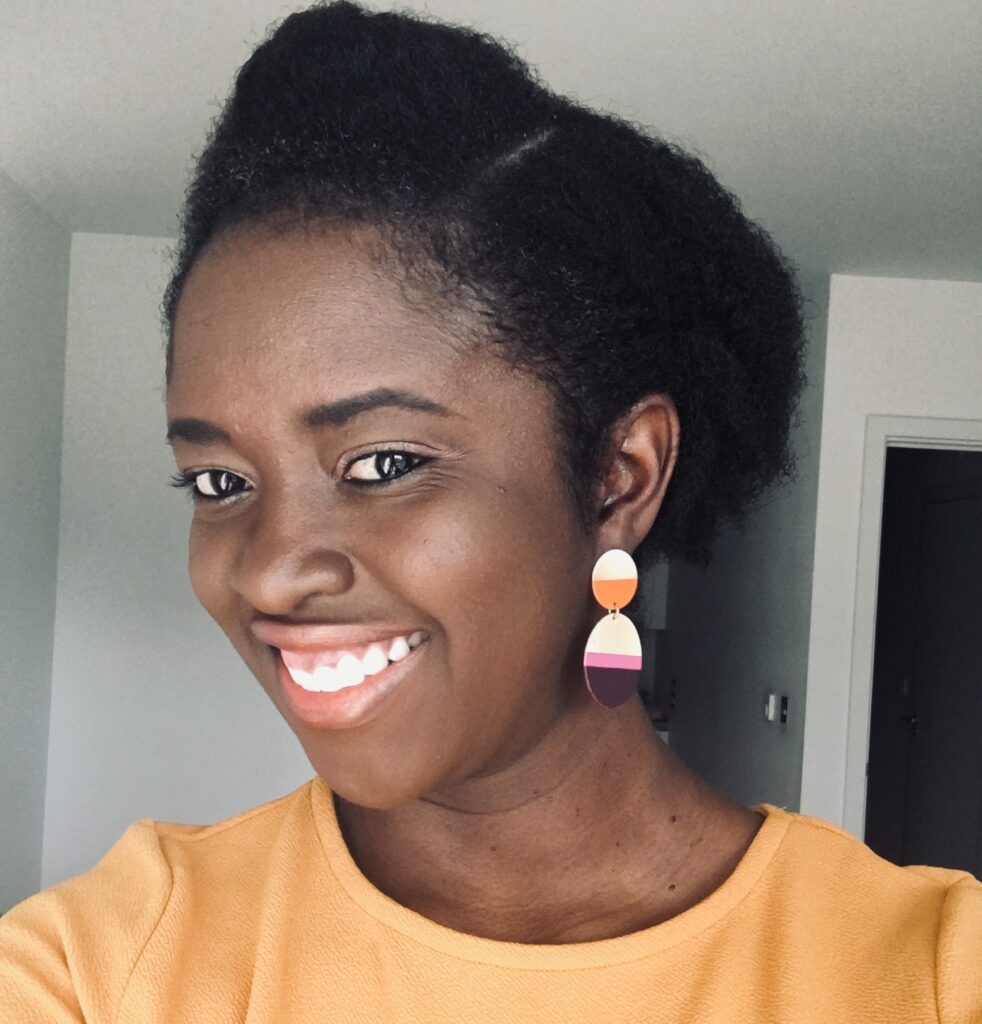
Wearables and other types of sensors are increasingly being accepted as useful for capturing movement and physiological signals during everyday activity. AI can add value to this by using such data to further infer states of psychological constructs of interest to any given condition, like chronic pain. This can be helpful for monitoring these psychological variables at a scale that would be too burdensome with traditional self-reporting or clinician annotation. It also provides opportunity for continual targeted interventions in everyday settings.
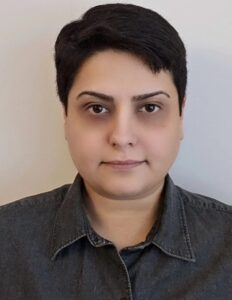
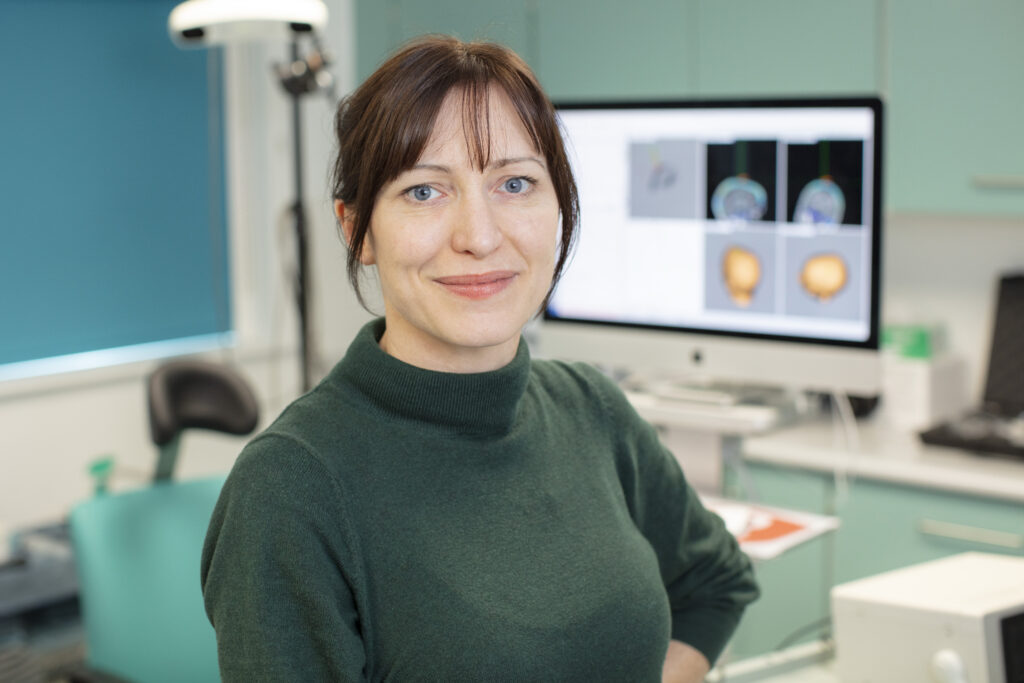
She is a trained biomedical engineer and moved into neuroscience during her PhD at the University of Trento, Italy (2009-2013) followed by two Postdoctoral Fellowships at the Universities of Glasgow and Oxford, UK (2013-2018). In 2018, she started her own laboratory at Plymouth, investigating the human brain circuits mediating decision making and learning using a range of neuroimaging and neurostimulation methods.
Elsa’s pioneering research on transcranial ultrasound neuromodulation shows that it can safely and transiently change neural activity in precise parts of the brain, particularly deep regions of the brain, responsible for core cognitive and motivational processes. Elsa is now working towards bringing this technology forward and apply it to mental health challenges, particularly addiction and OCD.

To access a Streatham campus map, please visit: https://www.exeter.ac.uk/visit/directions/streathammap/
Travelling to Exeter? Please visit: https://event.exeter.ac.uk/getting-around
Information on car parking at Exeter University – https://www.exeter.ac.uk/staff/car-parking/carparklocations/
If you require a car parking permit, please get in touch!
If you have any questions, please contact abigail.stuart@ndcn.ox.ac.uk
Book